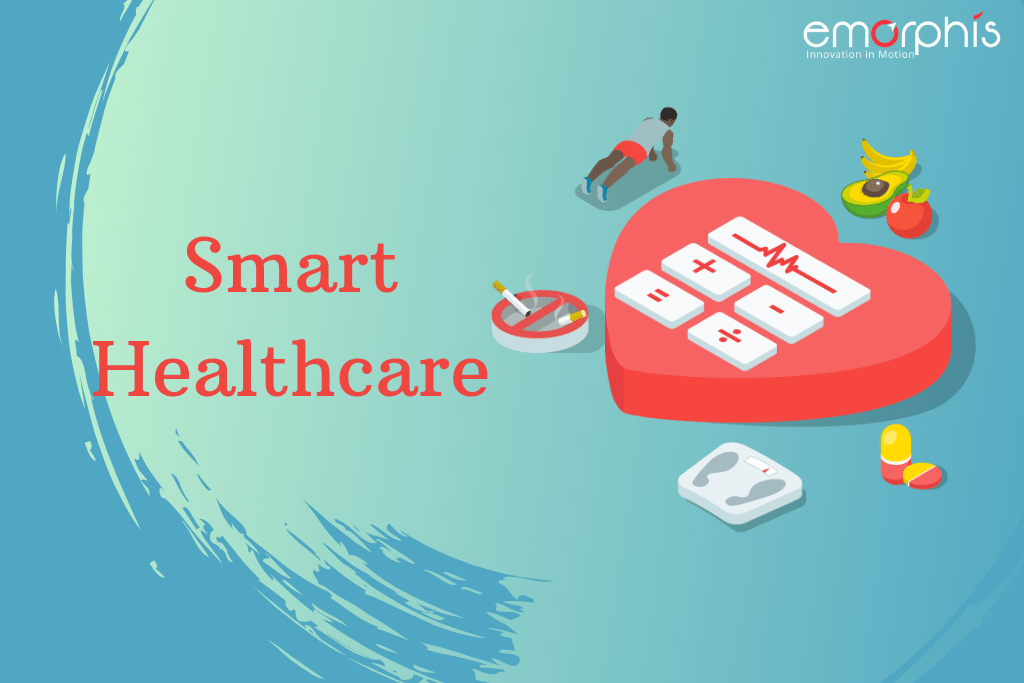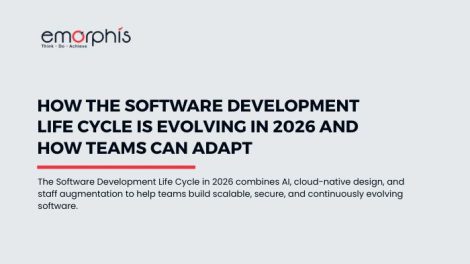Future of Healthcare: Apps that make people care about health
According to leading research reports more people reportedly have access to mobile phones than to clean water. Among mobile phones, smartphones have seen exponential growth with compounded annual growth rates (CAGR) of 39% globally. One interesting and widely popular use of smartphones is mHealth. The implications of “mHealth” — the electronic management of health care through mobile devices — are far-reaching.
Wondering what mHealth is exactly?
The U.S. Department of Health and Human Services defines it as “the use of mobile and wireless devices to improve health outcomes, healthcare services, and health research.” While mHealth provides a promise of health hope, it currently stands as a glimmer of light at the end of the tunnel. Consider that there are some 40,000 mobile apps downloadable for use. Which is best? Which is reliable? Are any of the services substantiated as helpful? Well, in fact, the U.S. Food and Drug Administration has become involved and requires that any medical app company making a health claim seek FDA approval. This, however, is where things become complex. FDA approval takes substantial time and money and both of these could act as stopping points in new development. For traditional devices, it takes 6-20 months and costs $24-$75mn. It is still unknown whether it will be the same for mHealth companies, but the FDA is expected to release more specific regulations later this year to streamline the process.
Healthcare System
As consumers take more and more of their healthcare needs into their own hands, developers can profit by helping them take control of their health and wellness through apps and mobile services. Although the healthcare system may not be structured in a way that makes most people care about their health — since they don’t usually have to bear the full costs of illness — there is a growing movement of consumers who want to try and take an active role in maintaining their health, and that can be a profitable market for apps and services. A recent report shows that healthcare Apps may provide.
- 2X greater access to care, with mHealth 2 times more rural patients can be reached per doctor. It is expected that by 2015, it is expected that 30% of smartphone users will use wellness apps.
- mHealth also leads to a potential decrease in admin costs, which would be as much as 24% and as much as 25% savings in healthcare costs for seniors due to reduced hospital stays and Mobile-enabled healthcare alert systems.
Smartphones and tablets are trending to be the most popular tech devices for doctors since the stethoscope. Currently, there are 40,000 medical apps for smartphones & tablets and every year mobile healthcare apps are getting more popular. The wide range of use of medical apps from monitoring blood pressure, managing prescriptions, moods, and sleep to eating healthier have strengthened their popularity among consumers.







